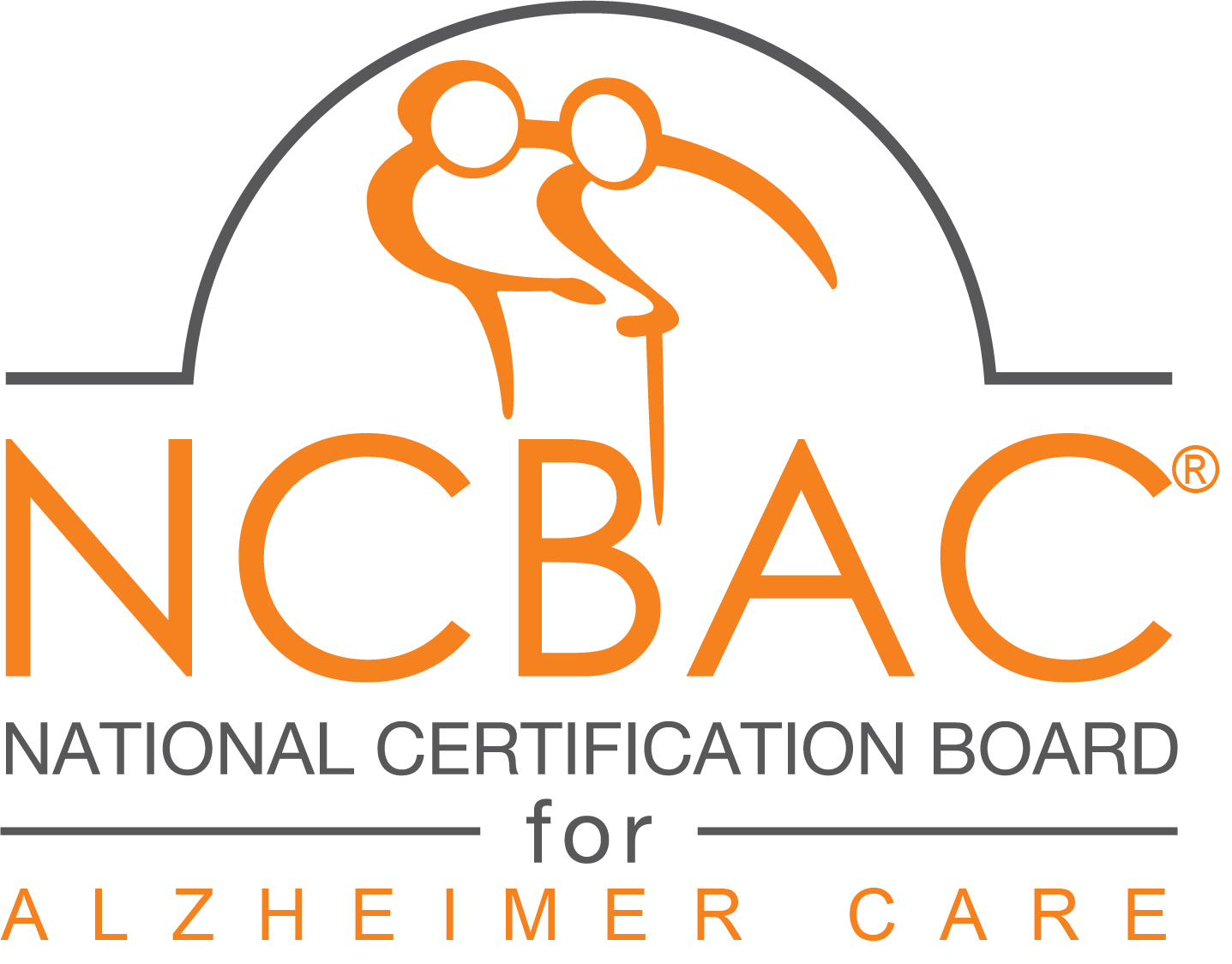It's long been known that Alzheimer's patients often retain musical memories, even when recall of names, faces and places has been lost as the disease relentlessly destroys key areas of the brain.
Now Canadian researchers believe they know why, thanks to the power of MRI brain scanning.
